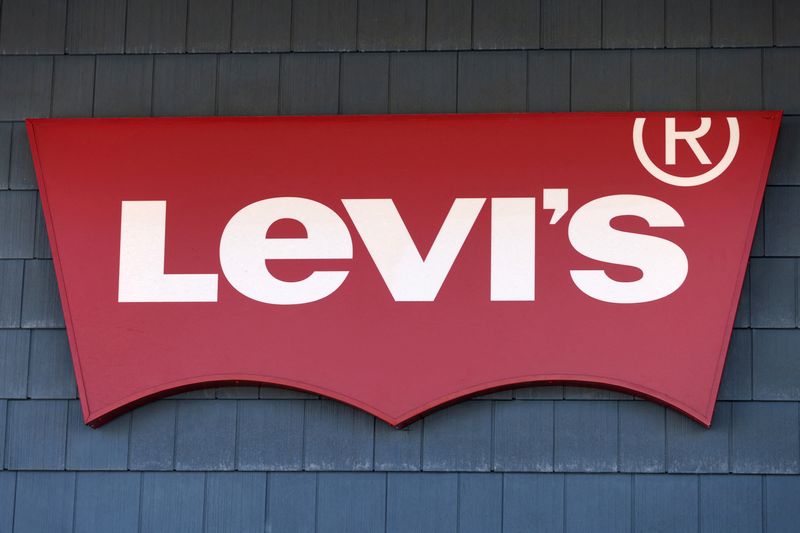The relationship between companies and shareholders is a vital aspect of corporate governance. Shareholders, as the company owners, hold ownership interests in the form of shares and have certain rights and responsibilities. Shareholders provide capital and risk-taking to the company, while companies aim to generate profits and create value for their shareholders.
The relationship between shareholders and companies is financial, where the former provides capital. In some cases, they may also ask the company for a loan. This transaction comes with various issues, including higher regulations and tax implications.
What is Loan to Shareholder?
A loan to a shareholder refers to a financial arrangement in which a company extends credit or provides funds to one of its shareholders. This type of loan occurs when the company lends money to an individual who owns the company. Typically, it helps meet the financial needs of the shareholder, whether for personal or business purposes.
The loan to a shareholder involves the company granting a loan to the shareholder and establishing specific terms and conditions that govern the transaction. These terms may include the repayment schedule, interest rates, collateral requirements (if any), and other relevant provisions. The loan comes with an agreement outlining the rights and obligations of the company and the shareholder.
Why is Loan to Shareholders regulated by standards and laws?
Loans to shareholders come with several disadvantages and potential risks for both the company and the shareholder. Firstly, these loans can give rise to conflicts of interest, raising concerns about fairness and preferential treatment within the company. They may also expose the company to financial risk if the shareholder fails to repay the loan, potentially leading to financial losses and cash flow issues.
Similarly, managing these loans can distract the company from its core business activities and may require additional resources for documentation, monitoring, and collection. Non-compliance with legal and regulatory requirements can result in legal consequences and harm the company’s reputation. Moreover, loans to shareholders may strain the relationship between the company and the shareholder if difficulties or disagreements arise.
What is the tax treatment of Loans to Shareholders?
Loans to shareholders can have tax implications for both the company and the shareholder. Firstly, if the loan has a below-market interest rate or is interest-free, tax authorities in some jurisdictions may impute a deemed interest income on the loan. It means the shareholder could be required to report and pay taxes on the imputed interest income, even if no actual interest is received. On the other hand, the company may be able to deduct the imputed interest as an expense.
Secondly, if the loan is forgiven or discharged without full repayment, it may be treated as a taxable event for the shareholder. The forgone portion of the loan could be considered taxable income, potentially resulting in additional tax liabilities for the shareholder. However, tax laws regarding loans to shareholders can vary significantly between jurisdictions.
Where does Loan to Shareholder appear on the Balance Sheet?
A loan to shareholders is a receivable that companies expect to receive in the future in the form of inflows of economic benefits. Therefore, it appears under the assets section in the balance sheet. Companies may further classify it based on how long they expect shareholders will take to return it. Therefore, it may appear under current or non-current assets on the balance sheet.
Conclusion
A loan to a shareholder is a financial transaction where a company provides its shareholders with short- or long-term loans. Accounting standards and regulations require more caution with these transactions as they have some implications. On top of that, loans to shareholders are not a common practice in companies unless provided to a shareholder with significant holdings.
Further questions
What's your question? Ask it in the discussion forum
Have an answer to the questions below? Post it here or in the forum


